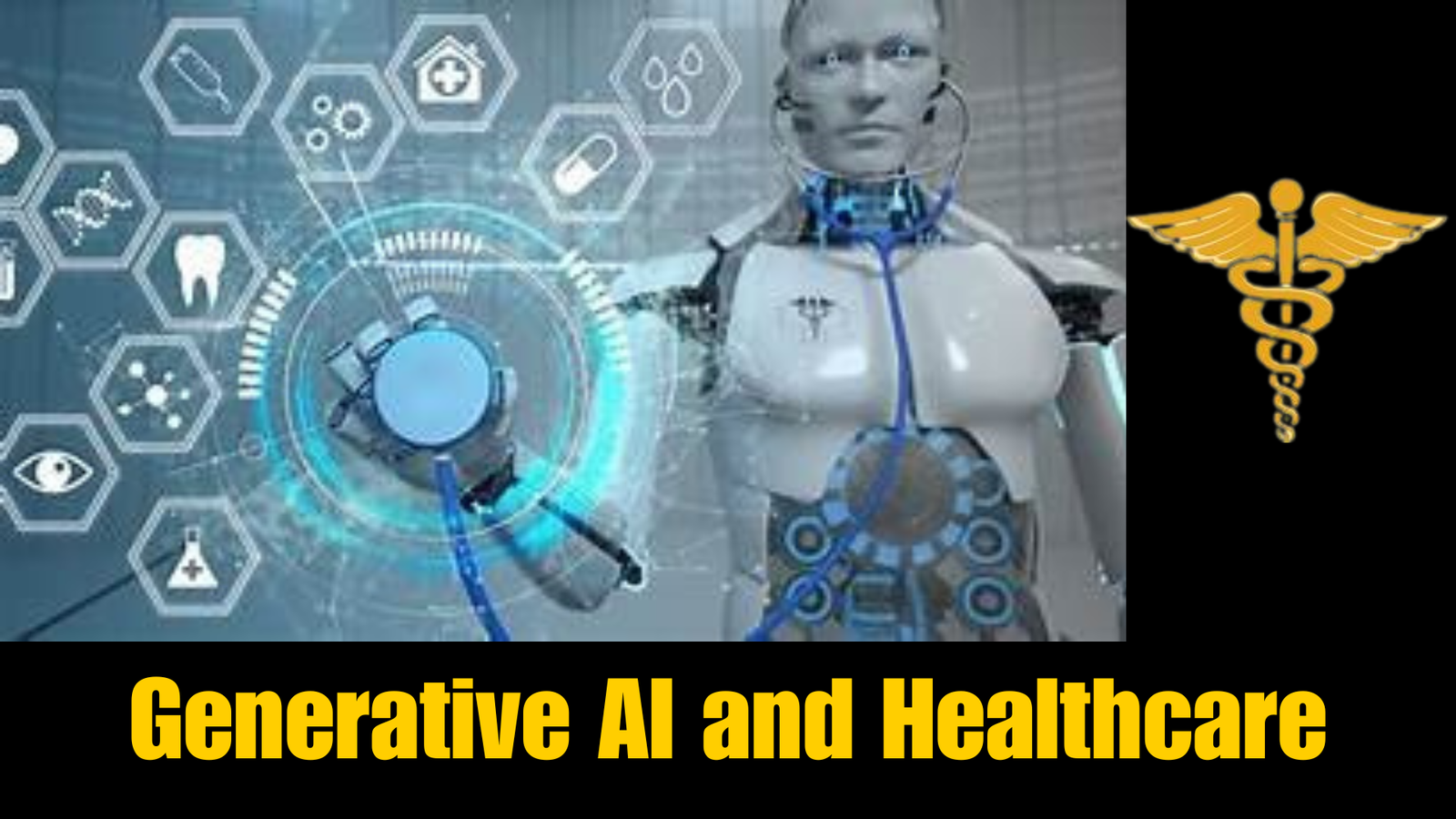
Introduction to Generative AI in Healthcare
Generative AI leverages sophisticated algorithms and neural networks to create data-driven insights and solutions across various healthcare fields, including medical imaging, drug discovery, and personalized treatment. Key AI models such as GANs (Generative Adversarial Networks) and transformers are trained on extensive datasets to identify patterns and generate predictions or recommendations.
Pre-Generative AI Era in Healthcare
Before the integration of Generative AI, healthcare relied heavily on manual processes and traditional technologies:
- Medical Imaging Analysis:
- Manual Interpretation: Radiologists manually analyzed X-rays, MRIs, and CT scans, which was time-consuming and prone to human error.
- Time: Diagnosing conditions from medical images could take hours to days, depending on complexity and workload.
- Skill: Required extensive training and experience to accurately interpret images.
- Drug Discovery:
- Labor-Intensive Research: Scientists conducted experimental trials and error processes, often taking years to develop new drugs.
- Cost: The drug discovery process was extremely costly, with significant investment in research and development.
- Time: Typically took 10-15 years to bring a new drug to market.
- Personalized Treatment Plans:
- Generalized Approaches: Treatments were often standardized, with limited customization for individual patients based on broad categories like age and weight.
- Limited Data Use: Physicians relied on limited patient data, often missing nuanced insights that could inform better treatments.
Introduction of Generative AI
The integration of Generative AI has significantly transformed various aspects of healthcare:
- Medical Imaging Analysis:
- With AI: AI models like DeepMind’s AlphaFold and Google’s DeepVariant can analyze medical images quickly and accurately, identifying patterns that might be missed by human eyes.
- Impact: These models reduce diagnosis time from hours to minutes and improve diagnostic accuracy, enabling earlier and more accurate detection of diseases.
- Drug Discovery:
- With AI: Generative models can predict molecular structures and simulate drug interactions, accelerating the discovery process. AI tools like IBM Watson for Drug Discovery analyze vast datasets to identify potential drug candidates.
- Impact: This reduces the time and cost of drug development, potentially bringing new drugs to market faster and more efficiently.
- Personalized Treatment Plans:
- With AI: AI systems analyze comprehensive patient data, including genetic information, lifestyle, and medical history, to recommend personalized treatment plans. IBM Watson for Oncology provides tailored treatment options based on individual patient profiles.
- Impact: Personalized treatments improve patient outcomes and reduce the risk of adverse reactions, making healthcare more precise and effective.
Detailed Case Studies
- Google’s DeepMind and Eye Disease Detection:
- Scenario: DeepMind developed an AI system capable of diagnosing over 50 eye diseases from retinal scans.
- Impact: This AI system matches the performance of expert ophthalmologists and provides instant diagnoses, enabling quicker treatment and reducing the workload on healthcare professionals.
- Details: The AI system was trained on thousands of retinal scans, learning to identify conditions such as diabetic retinopathy and age-related macular degeneration with high accuracy.
- Insilico Medicine and Drug Discovery:
- Scenario: Insilico Medicine used AI to identify a new drug candidate for fibrosis in just 46 days, significantly faster than traditional methods.
- Impact: This demonstrates the potential of AI to revolutionize drug discovery, cutting down the time and cost involved in bringing new drugs to market.
- Details: The AI system analyzed millions of data points to predict the efficacy and safety of potential drug compounds, streamlining the initial phases of drug development.
- IBM Watson for Oncology:
- Scenario: IBM Watson analyzes patient data to recommend personalized cancer treatment plans.
- Impact: This AI assists oncologists in identifying the most effective treatment options for individual patients, enhancing the precision and efficacy of cancer care.
- Details: Watson’s AI system processes vast amounts of medical literature and patient data to provide evidence-based treatment recommendations, helping doctors tailor therapies to the specific needs of each patient.
Future of Healthcare with Generative AI
Generative AI is poised to further transform healthcare in several ways:
- Predictive Analytics:
- Impact: AI will predict disease outbreaks, patient deterioration, and treatment responses, enabling proactive and preventative healthcare measures.
- Example: AI models predicting COVID-19 spread helped healthcare systems prepare and respond more effectively.
- Details: Predictive analytics can analyze trends and patterns in health data to forecast future health events, allowing for timely interventions and resource allocation.
- Enhanced Diagnostics:
- Impact: AI will continue to improve diagnostic tools, making them more accurate and accessible. Portable AI-powered diagnostic devices could become commonplace.
- Example: Handheld devices using AI to diagnose skin conditions or respiratory illnesses on the spot.
- Details: These devices can provide instant diagnostic results, reducing the need for specialist consultations and enabling quicker treatment.
- Robotic Surgery:
- Impact: AI-powered robots will assist in surgeries, enhancing precision and reducing recovery times. These robots will learn and adapt, improving over time.
- Example: The da Vinci Surgical System already uses AI to assist surgeons in complex procedures.
- Details: AI can help plan surgical procedures, control robotic instruments with high precision, and monitor patient vitals during surgery, improving outcomes and reducing complications.
- Virtual Health Assistants:
- Impact: AI-driven virtual assistants will provide 24/7 healthcare support, offering medical advice, monitoring chronic conditions, and reminding patients to take medications.
- Example: AI chatbots like Ada Health offer preliminary diagnoses and health advice based on symptoms described by users.
- Details: Virtual health assistants can interact with patients through apps and devices, providing personalized health recommendations and continuous monitoring of health metrics.
Generative AI is revolutionizing healthcare by enhancing diagnostic accuracy, speeding up drug discovery, and enabling personalized treatment plans. These advancements lead to more efficient, effective, and accessible healthcare. As AI technology continues to evolve, its integration into healthcare will result in even more innovative solutions, improving patient outcomes and transforming the healthcare landscape.







July 16, 2024
Outstanding insights! The community around Chrome Dinosaur grows stronger each day.